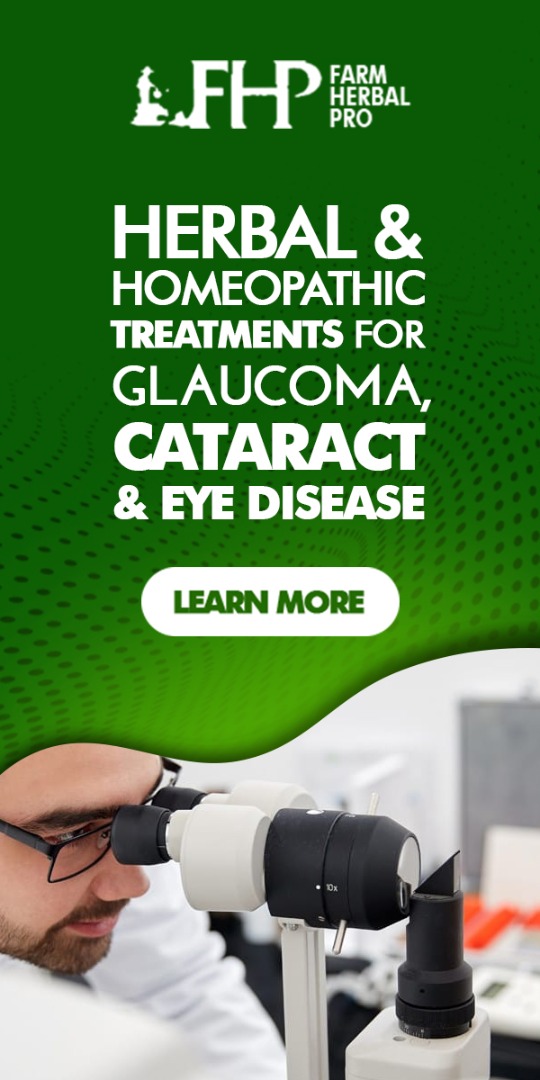The word ataxia actually means “loss of full control of bodily movements”, but medically, ataxia means a neurological sign that describes a lack of muscle control during voluntary movements, that may affect a person’s speech, eye movements, and ability to swallow, walk, and pick up objects, among other voluntary movements.
Ataxia can develop at any age. It is typically progressive, meaning it can get worse with time. It is a rare neurological condition.
Ataxia usually develops as a result of damage to a part of the brain that coordinates movement (cerebellum).
The cerebellum comprises two pingpong-ball-sized portions of folded tissue situated at the base of your brain near your brainstem. The right side of your cerebellum controls coordination on the right side of your body; the left side of your cerebellum controls coordination on the left.
Ataxia isn’t a disorder or a disease itself — it’s a sign of other underlying disorders or diseases. Symptoms of ataxia can be a sign that you may have a disorder of the nervous system or a part of the brain that coordinates movement (known as the cerebellum). Depending on what causes your ataxia, it can be temporary or more lasting (called persistent).
Conditions that can lead to symptoms of ataxia include:
• Head injuries; especially after traumas like a car accident.
• Stroke; when your brain does not get enough oxygen and brain cells die.
• Parkinson’s disease; which is a long-term neurodegenerative disease, where signaling and coordination among your brain, nerves, and muscles breaks down over time.
• Viral infections like chickenpox, can, in rare cases, lead to ataxia. This kind of ataxia generally goes away over time.
• Cerebral palsy; which results from damage to a baby’s brain before, during, or soon after birth.
• Certain autoimmune diseases, including celiac disease and multiple sclerosis.
• Tumor; even if it is not cancerous and does not spread, a tumor can damage the cerebellum and cause movement problems.
• Vitamin deficiency, including not having enough vitamin E, vitamin B-12, or thiamin. Consuming a lot of alcohol can interfere with your body’s ability to absorb these vitamins.
• Reactions to medicine, including sedatives and chemotherapy. These effects can be reversed if you catch them quickly.
• Alcohol; which can destroy cells in your cerebellum over time. This type of ataxia may or may not get better.
• Genetic factors that run in families and cause a series of specific diseases that get worse over time.
Doctors and researchers classify ataxia into three main categories based on what they know about the cause. These categories are:
Acquired ataxia: Caused by external factors including trauma, vitamin deficiencies, exposure to alcohol or drugs, infections, or cancers.
Genetic ataxia: Occurs when a person has a damaged gene that is passed down among family members.
Idiopathic ataxia: Doctors cannot determine the cause of the condition.
The symptoms of ataxia depend on the type of the condition a person has.
Many symptoms of ataxia mimic those of being drunk, such as slurred speech, falling, poor coordination, unsteady walk and a tendency to stumble, difficulty with fine motor skills (such as eating, writing or buttoning a shirt), involuntary back-and-forth eye movements (nystagmus), difficulty swallowing and eating, muscle tremors, shaking, or trembling in parts of the body, vision problems etc.
HOMOEOPATHIC REMEDIES.
Homeopathy is one of the most popular holistic systems of medicine. The homeopathic medicine for ataxia is based upon the theory of individualization and symptoms similarity by using holistic approach.
This is the only way through which a state of complete health can be regained by removing all the sign and symptoms from which the patient is suffering. The aim of homeopathic medicine for ataxia patients is not only to treat ataxia but to address its underlying cause and individual susceptibility.
As far as therapeutic medication is concerned, several remedies are available to treat locomotor ataxia that can be selected on the basis of cause, sensations and modalities of the complaints.
Here are some of the homeopathic medicines for the treatment of ataxia;
ALUMINA – this is an excellent remedy for Ataxia. There is a staggering gait with heaviness or numbness of limbs. The person walks with uncertainty. The person can walk in daytime although in a staggering way but at night, he or she experiences a complete inability to walk. If he or she closes eyes, there is also a chance of falling down. Heaviness or numbness in lower limbs is often a symptom in such patients. They may also describe the symptom of a bandaged feeling in limbs while walking. Apart from walking, there is a problem in swallowing food too. The oesophagus feels constricted while swallowing at times with a feeling of a lump in the throat. Excessive dry feeling in the throat may also be present. The food passes down the oesophagus with great difficulty. Symptoms of extreme exhaustion, fatigue and lack of strength are also presented by patients. The patients usually has an increased sensitivity to cold air.
Argentum nitricum – this is another top Homeopathic remedy with a marked action on the nervous system. There is marked loss of balance while walking and standing, along with trembling. The patient lacks control over his limbs while walking and experiences trembling. Standing and walking postures are quite unsteady. The unsteadiness mostly gets worse when the person is not under any observation. The frequent complaint accompanying unsteadiness is a marked rigidity in the calf muscles of the legs while walking. The muscles of legs also seem very weak while walking or standing.
Causticum- Causticum is another top remedy for ataxia. The person feels unsteady while walking and has frequent falling episodes. The fall can be sideways or forward. There is difficulty in articulation with an indistinct speech is also cured by Causticum.
Gelsemium; this is indicated when there is loss of muscle control, accompanied by excessively weak muscles. There is utmost lack of muscle coordination and the muscles seem not to obey the will of the patient. The gait is slow and unsteady. The person also feels tired from doing even the slightest work. The patient shows hallmark symptoms of drowsiness, dullness and dizziness with an inability to coordinate muscular action. Another symptom is difficulty in speech with trembling of tongue.
Lathyrus sativus—In Lathyrus sativus there is tottering gait in ataxia patients, who experience emaciation of muscles of lower limbs. Jerking and trembling while walking may also be symptoms described by the patient. There is also a marked rigidity of the legs while walking.
Plum met – this is prescribed when there is atrophied muscles of legs, there is pain in legs. Plum Met is also of great help for Ataxia with difficulty in raising or lifting anything with hands.
Heloderma – this is the best remedy for ataxia patients who lift the feet higher than required while walking and bring them to the ground very hard. The patient may be extremely sensitive towards cold.
Phosphorus- The various eye troubles faced by a person suffering from ataxia are best covered by the remedy. This medicine can help to relieve symptoms of dim vision, blurred vision and also double vision. Easy fatigue of eye muscles even from a little use is also treated with Phosporus.
Belladonna – it is the best remedy for a staggering, difficult and unsteady gait in the beginning stages of ataxia. The muscular coordination is lacking.
Nux vomica – this is prescribed when there is dragging of feet while walking, with an inability to lift the feet from ground. Nux Vomica is also the best medicine for Ataxia in alcoholics.
Zinc met – this is indicated when there is trembling and jerking of limbs accompany the lack of muscle coordination. The feet may show restlessness. Zinc met is also the best remedy when pain in limbs is dominantly present in patients of Ataxia in the beginning stages.
For individualized homeopathic medicine for ataxia and treatment, the patient should consult a qualified homeopath and avoid self-medication.
Are you looking for homeopathic treatment and medicine for ataxia or other health challenges?
Kindly contact the homeopath Oluwafunmise on 08028366901 or 08183554665.




